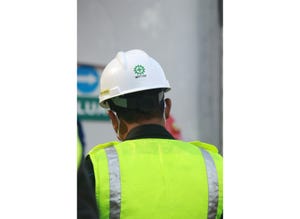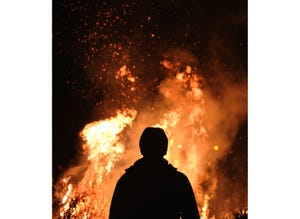House Committee Approves Chemical Security Legislation
October 23, 2009
The House Energy and Commerce Committee has approved legislation that, if enacted by Congress, will have a negative impact on the chemical industry and the industries and consumers that are served by the industry.
As expected, the committee passed H.R. 2868, the “Chemical Facility Anti-Terrorism Act of 2009,” which adds a controversial requirement to existing industry security standards mandating process or chemical substitution of certain chemicals as directed by the Secretary of the Homeland Security Department. This requirement, known as inherently safer technology or IST, has been long opposed by the Society of Chemical Manufacturers and Affiliates (SOCMA).
SOCMA has repeatedly voiced its concerns to Congress regarding the bill’s provision to bar facilities from manufacturing chemicals for which DHS determines there is a so-called “safer” alternative, most recently in oral testimony before a House Energy and Commerce subcommittee on October 1.
In a letter to Committee Chairman Henry Waxman (D-CA) and ranking member Joe Barton (R-TX), SOCMA president Joe Acker said, “The fact is, some of the chemicals that would be high on the Secretary’s candidate list for ‘switching out’ are the same ones used, for example, as active ingredients in everyday pharmaceuticals and health care.” Further, he said, “We fear that substitution or elimination of these ingredients may cause shortage or elimination of common consumer products or treatments for patients with serious medical conditions. Switching to alternative substances could also increase our reliance on foreign-made pharmaceutical ingredients, as American companies become barred from manufacturing chemicals that customers will still demand. Such a result would actually make the U.S. much less safe and less secure and cost Americans jobs.”
SOCMA has also argued that experts, including academia, agree that inherent safety cannot be measured and should not be mandated. In the letter to the committee, SOCMA states that, “Even if measuring the effectiveness of IST was possible, the provision takes the decision about risk away from the workers in chemical facilities and leaves them to bureaucrats in Washington.”
In a positive step, the committee struck down a controversial provision on citizen lawsuits in the bill, protecting chemical facilities against lawsuits that could expose security-sensitive information to the public.
As it testified on October 1, SOCMA urges Congress to listen to the concerns of industry and simply extend the existing, comprehensive CFATS program. The unintended consequences of mandating inherently safer technology as required in the legislation are too risky for the U.S. to accept today.
SOCMA is the leading trade association, serving the batch, custom, and specialty chemical industry since 1921. SOCMA’s nearly 300 members employ more than 100,000 workers across the country and produce 50,000 products valued at $60 billion annually. For more information, visit www.socma.com.
You May Also Like


